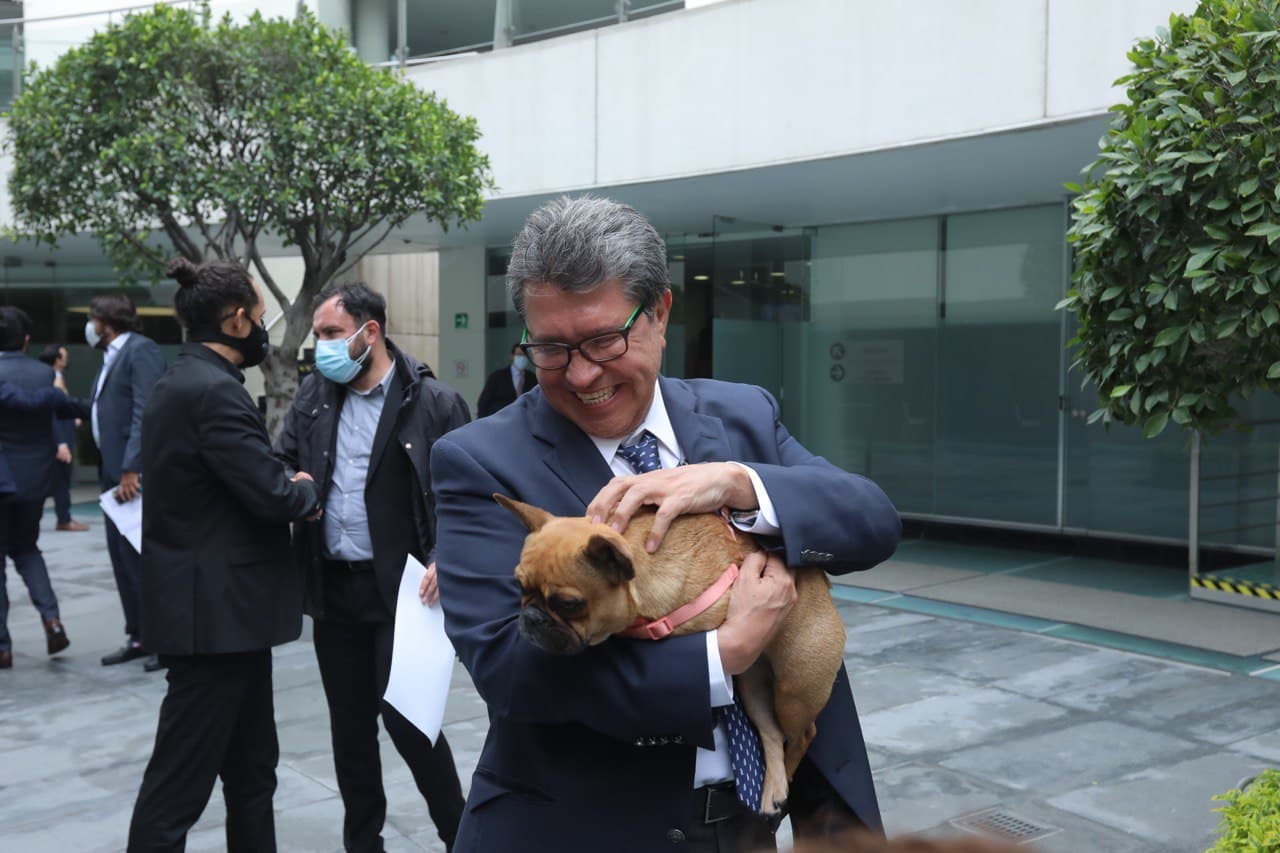Mexico Becomes The First Country In North America To Ban The Testing Of Animals For Cosmetics
On Thursday, the Senate of Mexico voted unanimously with 103 votes to approve reforms to the General Health Law. The reforms will prohibit the use of animals used in tests for cosmetic products. The amended law, which goes into effect in two years, also bans the manufacturing, import, and marketing of cosmetics in Mexico tested on animals anywhere in the world.
It is estimated that close to 200 million animals are used in experiments for the cosmetics industry each year. Tragically, more than 500 thousand animals suffer and die annually as a result of this practice, which is carried out in laboratories for the production of shampoo, mascara, lipsticks and other cosmetic products.
“It is a historic day, as a great step was taken to eradicate animal abuse,” said Senator Ricardo Monreal Ávila, who introduced the initiative in April of 2019, in a statement. He further noted the need to “defend the rights of these living beings who, although they do not have a voice, must be treated with dignity.”

Many other Senators echoed Monreal Ávila’s sentiment. “The reform of the Health Law is an advance and an opportunity to understand that the planet does not belong to us and we have to give a sense of love and appreciation to the organisms with which we coexist,” said Senator Alejandro Armenta Mier, sharing that this is an important initiative in favor of the planet and social bioethics.
For the Citizen Movement, Senator Verónica Delgadillo García affirmed that Mexico will cease to be a paradise for cruelty against species, which are subjected to laboratory tests that damage their organs. This is also intended to send a message to children that “animals are not our property, but sentient beings who have the right to live with dignity.”
“We call on consumers, so that if they do not agree on how certain products are produced, we should not buy them, we must inform ourselves about how they are manufactured and the environmental consequences,” stated Senator Raúl Bolaños-Cacho Cué.
-
When an ingredient must be subjected to safety testing due to risks to human and environmental health, but there are no alternative methods that have been validated by the international scientific community.
-
When the safety data for an ingredient has been generated through animal testing for a reason other than for cosmetic use, although when the safety of an ingredient is widely known for its historic use, no additional tests will be required.
-
When animal testing is required to fulfill a regulatory requirement of another country, for exportation.
Federal bills to ban testing on animals for cosmetics are currently pending reintroduction in both the United States and Canada.
You can help all animals and our planet by choosing compassion on your plate and in your glass. #GoVeg



